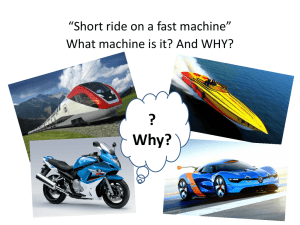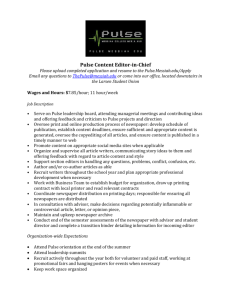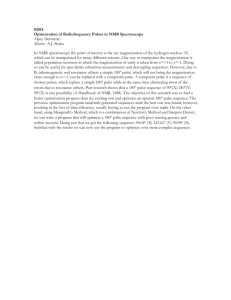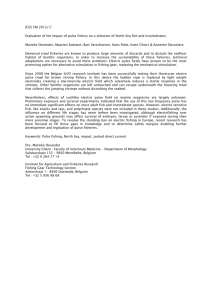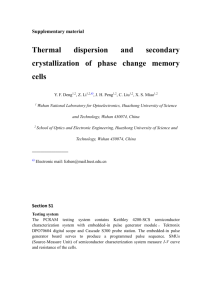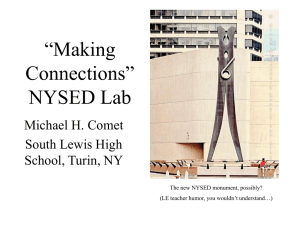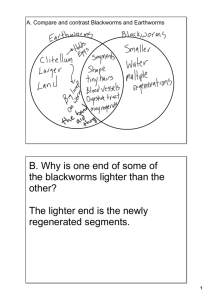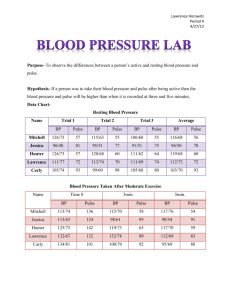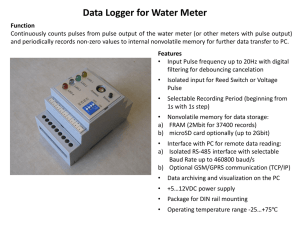Science Fair Project
advertisement
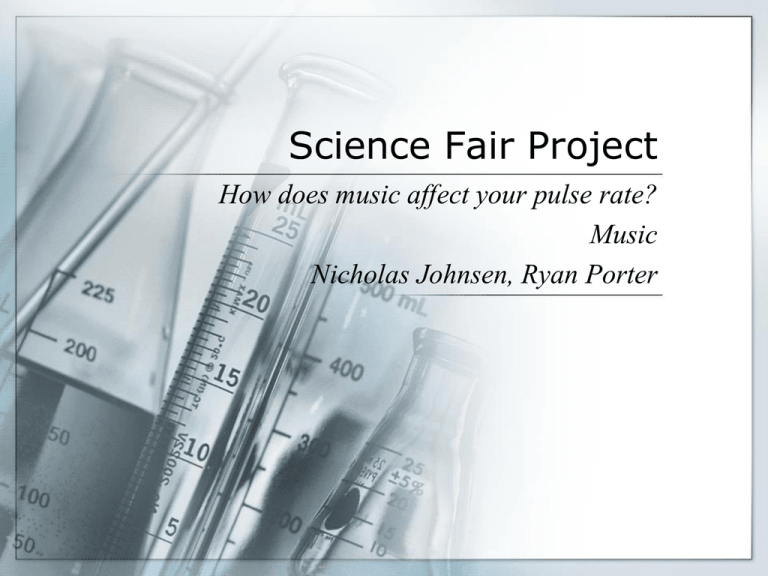
Science Fair Project How does music affect your pulse rate? Music Nicholas Johnsen, Ryan Porter Statement of the Problem How can music affect your pulse rate? Project Overview In our project, we gathered six groups of test subjects, and then played different forms of music. Research More heavy types of music can distract people, or even sometimes make them more aggressive. Quieter and more soothing music is known to help people think better and work more efficiently. Music can sometimes even boost your confidence. Music can even be found to boost customer experience. It peps up the mood of the customers. Certain types of music bring up certain feelings (sad music brings up sad feelings, happy music brings up happy thoughts and feelings). Variables the independent variable is the music that is played. The operational definition is the type of music(rock, classical, techno, and no music). The dependent variable is the pulse rate. Another operational definition is pulse rate per minute. The constants are time, amount of people, time that music is played, volume, and if you are sitting or standing. Hypothesis If you are listening to music like hard rock and metal, then the pulse rate of a person will speed up, because the faster and louder the music gets, the faster your pulse rate will be. Materials Techno music(dubstep), hard rock/ metal, classical music, and hip hop/rap. Ipod or mp3 player 5 groups of seventh graders Pencils Paper Stereo for playing music Procedure 1. 2. 3. 4. 5. 6. 7. 8. 9. Gather all music Gather all of the test subjects. Explain how the test subjects will take their pulse. Distribute an index card and a pencil to each test subject Begin the music Play music for two minutes, then stop it Immediately after music stops, have each test subject write down their pulse rate Repeat step two through eight Have test subjects turn in index cards Data/Observations (Analyzes) Conclusion Our hypothesis was proven wrong. We originally thought that metal would increase your pulse rate the most, since it’s more aggressive, louder, and more rapid. Classical music, it turns out, increases your pulse rate the most. Possible Experimental Errors One experimental error that we had was when with one group we forgot to label before we played the music. Some people weren’t very accurate when taking their pulse rate. Applications and Recommendations We recommend having the test subjects be more accurate while recording their pulse rate, because that is important. Works Cited Works Cited "How Does Music Affect Your Sleep Patterns." Fake Doctors Sick Note - Blank Printable Doctors Excuses Sample. Web. 27 Jan. 2011. <http://www.scumdoctor.com/disease-prevention/sleep-disorder/sleep-pattern/How-Does-MusicAffect-Your-Sleep-Patterns.html>. "Interview with Daniel Levitin: Part 1 | Music Instinct." Interview. PBS: Public Broadcasting Service. Web. 27 Jan. 2011. <http://www.pbs.org/wnet/musicinstinct/blog/interview-with-daniel-levitin/part-one/18/>. IPower, Inc., and Mark Altman. Relaxing Music, Sleep-aids, Anxiety Reduction, Relaxation Tools. Web. 26 Jan. 2011. <http://www.soundsleeping.com/>. Levitin, Daniel J. Barnes & Noble.com. 10 Aug. 1995. Web. 27 Jan. 2011. <http://search.barnesandnoble.com/This-IsYour-Brain-on-Music/Daniel-J-Levitin/e/9780452288522>. Oak, Manali. "Effects of Music on the Mind and Brain." Buzzle Web Portal: Intelligent Life on the Web. 21 June 1999. Web. 27 Jan. 2011. <http://www.buzzle.com/articles/effects-of-music-on-the-mind-and-brain.html>. "Re: Effects of Music on Lucid Dreaming." Web log comment. Dreamviews Lucid Dreaming Community & Resource. 05 Aug. 2007. Web. 27 Jan. 2011. <http://www.dreamviews.com/f20/effects-music-lucid-dreaming-41233/>.

